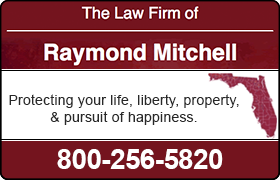Cape Coral Credit & Debt Lawyer, Florida, page 2
Sponsored Law Firm
-
 x
x

Click For More Info:
-
The Law Firm of Raymond Mitchell
3717 Del Prado Blvd. South Cape Coral, Florida 33904 » view mapLee County Bankruptcy Lawyer We Help You Survive Financial Attacks
We strive to protect your freedom and rights and provide high quality legal services to you in a professional, respectful, realistic and honest manner.
800-256-5820  Raymond B. Mitchell Cape Coral
Raymond B. Mitchell Cape CoralAttorney At Law - FL, 1994
Regent University School of Law - 1993
 Chapter 7Liquidation
Chapter 7LiquidationA Chapter 7 liquidation proceeding is available to individuals, partnerships, and corporations.
 Chapter 13Reorganization
Chapter 13ReorganizationA Chapter 13 bankruptcy, or "wage earner reorganization" is available only to individuals with regular income.
Michael Brian Cheffer
Litigation, Construction, Collection, Credit & Debt, Employment
Status: In Good Standing Licensed: 35 Years
Melville Gibbons Brinson
State and Local, Contract, Credit & Debt, Personal Injury
Status: In Good Standing Licensed: 39 Years
Mary V. Palumbo
Litigation, International Other, Administrative Law, Credit & Debt
Status: In Good Standing Licensed: 41 Years


 Raymond B. Mitchell Cape Coral
Raymond B. Mitchell Cape Coral Chapter 7Liquidation
Chapter 7Liquidation
